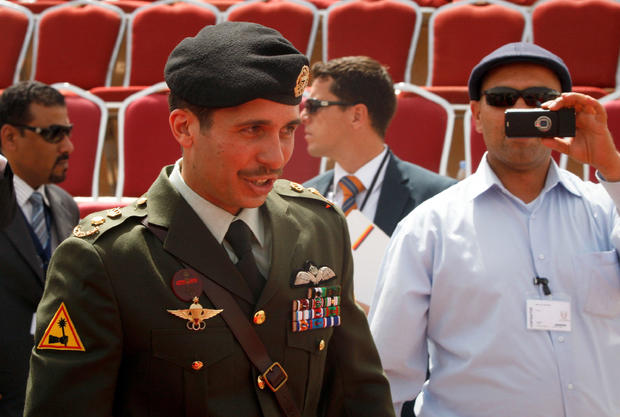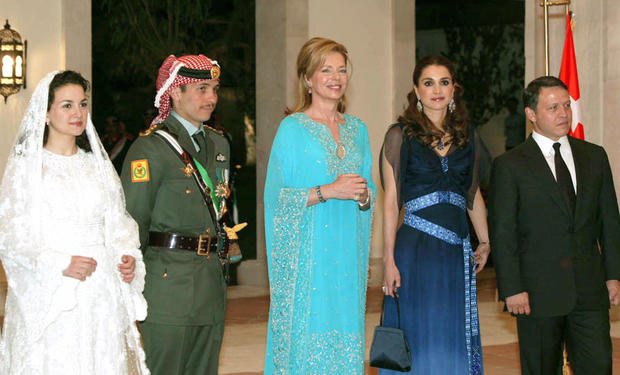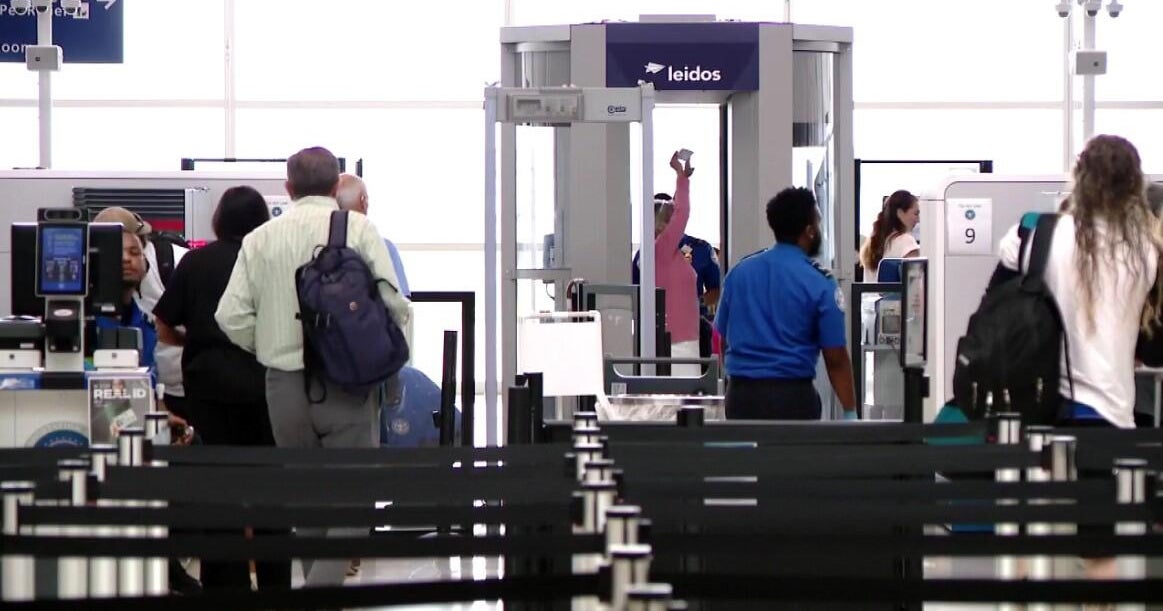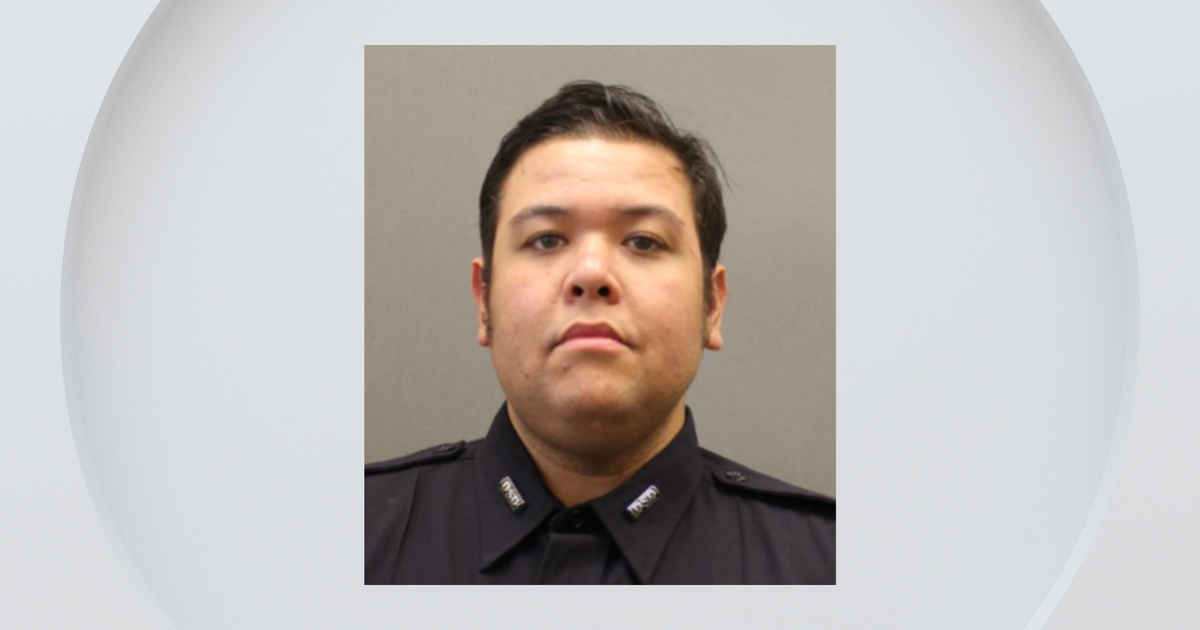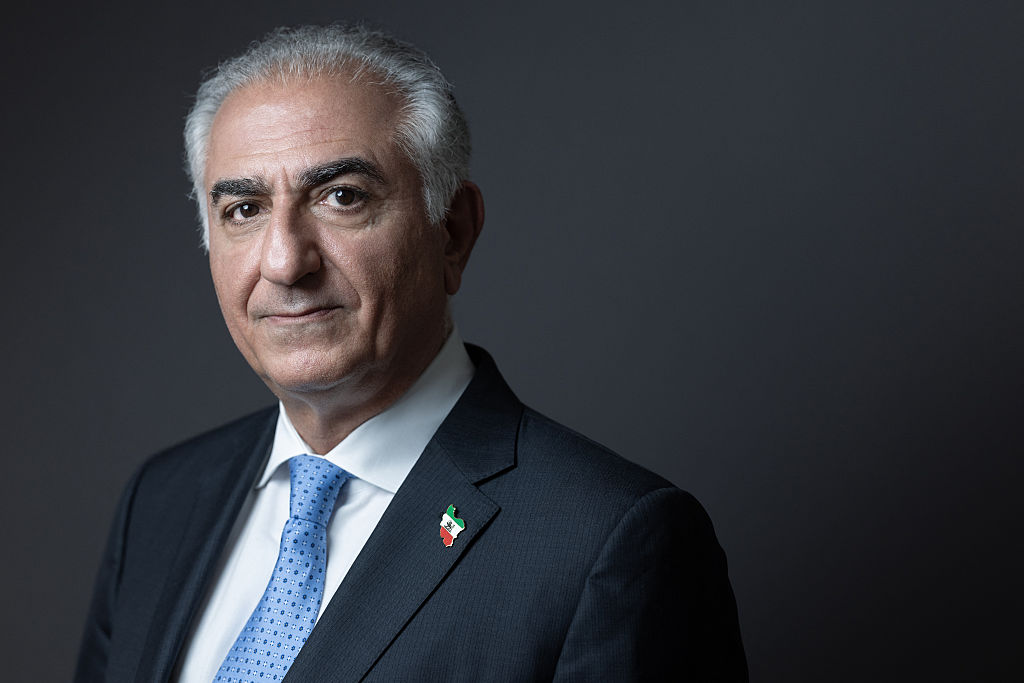Jordanian government accuses king's half-brother of "conspiring with foreign elements" in a "malicious plot"
Amman — Jordan's deputy prime minister, Ayman Safadi, has accused the half-brother of King Abdullah II of "conspiring with foreign elements" in a "malicious plot" that threatened the security of the country. In a televised news conference on Sunday, Safadi said security services had been monitoring "the activities and the movements" of former heir to the Jordanian throne Prince Hamzah bin Hussein, along with a number of his followers.
"The initial investigations showed that these activities and movements have reached a stage that directly affects the security and stability of the homeland," Safadi said, calling it a "break from the traditions and values" of Jordan's royal family.
He said efforts were under way to resolve the crisis within the royal family, but that Prince Hamzah was not being cooperative. "There were wishes and illusions of some people who tried to undermine the stability of Jordan," he said.
Later on Monday, however, the Royal Court issued a statement saying the king had asked his uncle, Prince El Hassan, to mediate with Hamzah. According to the court, "Prince Hamzah confirmed [to El Hassan] that he adheres to the approach of the Hashemite [royal] family, and the path that His Majesty the King entrusted to Prince El Hassan."
The allegations by the government and the claim by the royal family that Prince Hamzah had "adhered" to its approach to resolve the dispute came after a night of dramatic events in the usually calm kingdom, which drew rapid messages of support for Jordan's king from around the world, including the U.S.
Two very different stories
On Saturday, the government issued a terse statement confirming the arrests of about a dozen Jordanians, including a member of the royal family and a former Royal Court Chief for "security reasons." It also said Jordan's top army general had spoken with Prince Hamzah and asked him to "stop activities that are being exploited to target Jordan's security and stability."
The general did not provide any specifics, but he flatly denied that the prince had been placed under house arrest. Later that evening, however, the prince himself leaked a videotaped message to the BBC contradicting the general, saying he was under house arrest.
Prince Hamzah — whom King Abdullah had made the Crown Prince and thus his heir until stripping him of the title in 2004 — went on to criticize the "ruling system," without mentioning the monarch, his half-brother, by name. He said the "ruling system" had decided "that its personal interests, that its financial interests, that its corruption is more important than the lives and dignity and futures of the 10 million people that live here."
The prince denied that he was "part of any conspiracy or nefarious organization or foreign-backed group," adding that he believed "there are members of this family who still love this country, who care for [its people] and will put them above all else."
"Apparently, that is a crime worthy of isolation, threats and now being cut off," he said.
"I don't want to make moves and escalate now, but of course I'm not going to obey when they say you can't go out, you can't tweet, you can't communicate with people, you're only allowed to see your family," Hamzah said in an audio recording posted on Twitter late on Sunday.
Prince Hamzah's U.S.-born mother, Queen Noor, said in a tweet that she was, "praying that truth and justice will prevail for all the innocent victims of this wicked slander. God bless and keep them safe."
"Full support" from abroad
Jordan's Royal Court issued a statement saying King Abdullah had received a number of phone calls from Arab and regional leaders "who expressed their countries' full solidarity with Jordan, under His Majesty's leadership."
Among those callers was Saudi Arabia's Crown Prince Mohammad bin Salman (MBS), who has had a frosty relationship with King Abullah.
The Biden administration was also quick to reassure the king of U.S. support for a close ally in the Middle East. State Department spokesman Ned Price called King Abdullah "a key partner of the United States," whom he stressed "has our full support."
Challenges, and waning trust
In recent years, Jordan has faced some significant challenges.
The country is home to more than 2 million Palestinian refugees, most of whom have been given Jordanian citizenship, and it also hosts hundreds of thousands of Syrian refugees.
That had already put a strain on the economy before national finances were battered by the coronavirus pandemic. Last month, nine COVID-19 patients died at a government hospital when oxygen supplies in the intensive care unit simply ran out.
The incident drew widespread anger and despair among Jordan's impoverished population.
In the wake of that incident, trust was already low in the nation's official state media. Astonished by the weekend's tumult, many Jordanians have taken to cyberspace in a bid to find out more about what's really going on in their country.
Chance to change, or "entrench"
Thousands joined chat rooms on the invite-only Clubhouse app, eager to exchange views — and concerns about the direction of Jordan's leadership. The app is blocked in Jordan, but many access it via VPN connections.
"Most of the discussion was around trying as much as possible to piece the pieces of the puzzle together, and trying to know what's happening," media advisor, Ashraf Zeitoon, who has led previous Clubhouse discussions on Jordanian politics, told CBS News.
"I think that there are so many things that are unclear. You have completely two different narratives," said Zeitoon, who has worked previously for tech giants Facebook and Netflix, and marvelled at the high number, and diversity of views presented in the online forum.
He said the events, and the discussion prompted by them, could serve as "an opportunity for the political leadership to signal new changes that will allow more participation from Jordanian citizens in the decision making process."
"Or is it going to be the other way around, where the political leadership is going to entrench and try to solidify its position even more?"
